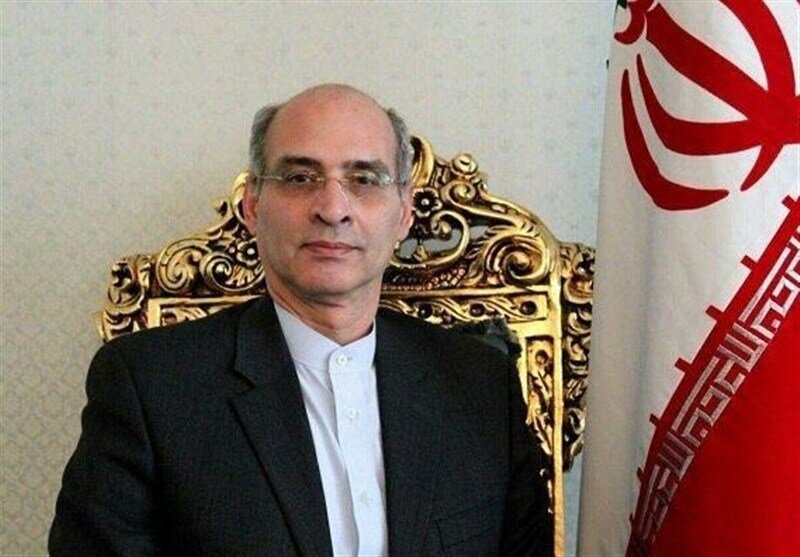Iran’s envoy named vice-chair of OPCW Executive Council

TEHRAN — The permanent representative of Iran to the Organization for the Prohibition of Chemical Weapons Alireza Kazemi Abadi was elected as one of the vice-chairs of the Executive Council of the Organization for the Prohibition of Chemical Weapons (OPCW).
Kazemi Abadi was named vice-chair of the OPCW Executive Council from the Asia regional group during the 93rd Session of the Executive Council of the OPCW on Wednesday, according to Tasnim.
The envoy from the U.S. protested the election of Iran’s envoy as a vice-chair of the council, saying he could not agree with what he called the state sponsors of terrorism taking a post.
In response to the American ambassador’s protest, the permanent representative of Iran to the OPCW said, “The Islamic Republic of Iran has been elected as the vice-chair of the Executive Council by the general consensus among the Asian group’s Member States.”
“The U.S. has already proved that it has no respect for international law and international organizations, and is the main sponsor of the terrorist groups and state terrorism, particularly in the Middle East,” Kazemi Abadi added, according to the Foreign Ministry's official website.
“The brazen example of the American terrorist measures was the U.S. president’s order to assassinate General Soleimani and his entourage on the Iraqi soil, which amounts to a clear violation of the fundamental principles of international law, the United Nations Charter, and the International Covenant on Civil and Political Rights,” the Iranian ambassador stated, saying the U.S., with such shameful record, is in no position to portray itself as an anti-terrorism country.
IRGC Quds Force Commander Lieutenant General Qassem Soleimani was in Baghdad at the invitation of the Iraqi government when he was targeted in Baghdad’s international airport on January 3.
The terrorist act led to a crisis in diplomatic relations between the U.S. and Iraq, which demanded the American troops leave the country.
In the early hours of January 8, the IRGC attacked the U.S. airbase of Ain al-Assad in Anbar province in western Iraq as part of its promised “tough revenge” for the U.S. terror attack.
Foreign Minister Mohammad Javad Zarif has said Trump was misled to believe his country would get away with the assassination of General Soleimani.
Trump believed that the assassination would augment U.S. security but it worked the other way around, Zarif said in an interview with NBC News’ Richard Engel in Munich last month on the sidelines of the Munich Security Conference.
MH/PA
Leave a Comment